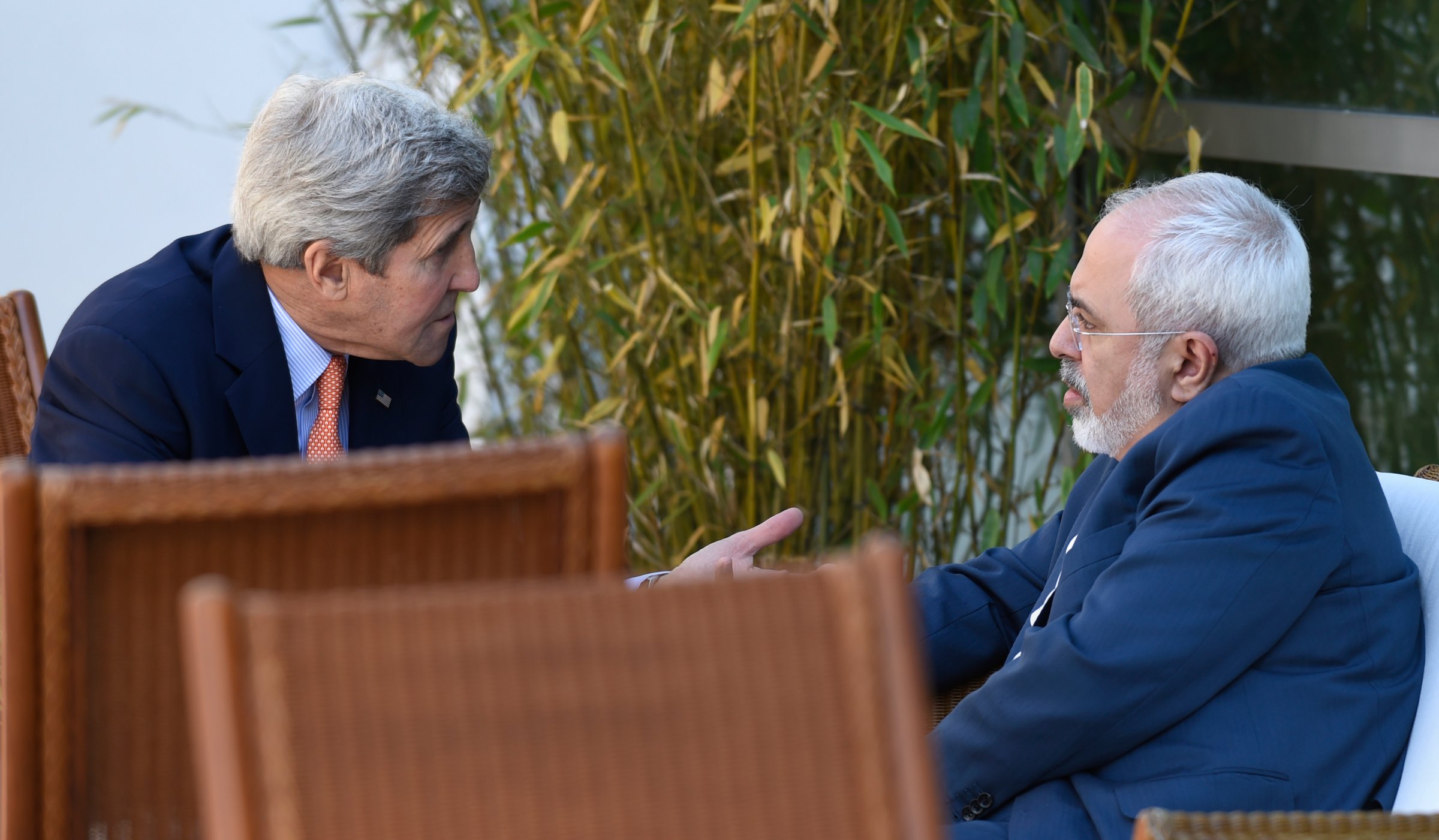
Oil prices have leveled off in recent weeks, but with the negotiations over Iran’s nuclear program bumping up against a deadline, that could change.
After crashing last year and then hitting several peaks and valleys, oil prices have traded within a relatively narrow range, with WTI bouncing around a bit above and below the $60 per barrel mark, and Brent staying near $64 per barrel. Of course, day-to-day there has been volatility as usual, but oil prices have been stable (relatively speaking) since the end of April. Even the OPEC meeting came and went without so much as a shrug from the oil markets.
But the deadline for the Iran negotiations – ostensibly set for June 30 – is only a week away and the outcome could have broad ramifications for the oil market, both in the immediate aftermath and over the long-term.
If a deal can be agreed to by both sides, Iran could bring a wave of oil production online. Western sanctions have knocked 1.2 million barrels per day offline since 2012. Although estimates vary, Iran might be able to bring 400,000 barrels per day online within a few months, perhaps as much as 700,000 barrels per day by the end of the year, growing to well over 1 million barrels per day sometime in 2016.
Also, Iran has somewhere around 40 million barrels of oil sitting in storage, a lot of which could essentially hit the market as soon as sanctions are lifted.
If news breaks that a deal is in hand, oil prices will sink on the expectation of this future volume, potentially dropping by $5 to $10 per barrel. And as Iran actually does ramp up output over time, and the rest of OPEC opts against cutting back to make room, global supplies will increase. That will keep a lid on future price gains and extend the current period of soft pricing.
Of course, supply and demand will have to balance out over time, and more Iranian crude will force a larger adjustment from U.S. shale, so U.S. oil production could see a deeper contraction.
There are reasons to believe a deal will actually be completed. Both western and Iranian officials hinted that they might be willing to go past the June 30 deadline if a deal is within reach. Such a willingness to extend the talks is itself an indication that the parties must be close to overcoming some of their disagreements. Also, Reuters reported that Israel has more or less come to recognize that a deal is likely. If one of the strongest opponents to negotiations with Iran is starting to come to terms with the inevitability of an agreement, that is pretty strong evidence that a final agreement could be in the works.
On the other hand, a deal is not inevitable. There have been very few updates on the state of negotiations, but just because Iran and the P5+1 nations reached a framework deal in April does not mean they can overcome the remaining outstanding differences, which also happen to be some of the thorniest.
Moreover, the tough tone from Iran’s Supreme Leader Ayatollah Khamenei this week does not bode well for the outcome. Khamenei laid out some of Iran’s “red lines” for negotiations in a TV broadcast on June 23, several conditions that appear out of step with U.S. demands. For example, Khamenei says that economic sanctions need to be lifted immediately upon signing a deal, not over time as the U.S. has proposed. Also, he ruled out a 10-year freeze on Iran’s nuclear research program. Furthermore, Khamenei stated his opposition to international inspections of Iran’s nuclear sites, a key western demand.
Iranian President Hassan Rouhani has expressed a willingness and desire to come to an agreement with the West, but the Supreme Leader is the one that is ultimately in charge. Khamenei’s hardline comments throw the outcome of the negotiations into doubt, just days before the deadline.
The collapse of nuclear talks could mean sanctions are not in fact removed, putting off the eventual return of Iranian crude oil.
We will know a lot more next week.
This article originally appeared on Oilprice.com.
More from Oilprice.com:
More Must-Reads from TIME
- L.A. Fires Show Reality of 1.5°C of Warming
- How Canada Fell Out of Love With Trudeau
- Trump Is Treating the Globe Like a Monopoly Board
- Bad Bunny On Heartbreak and New Album
- 10 Boundaries Therapists Want You to Set in the New Year
- The Motivational Trick That Makes You Exercise Harder
- Nicole Kidman Is a Pure Pleasure to Watch in Babygirl
- Column: Jimmy Carter’s Global Legacy Was Moral Clarity
Contact us at letters@time.com